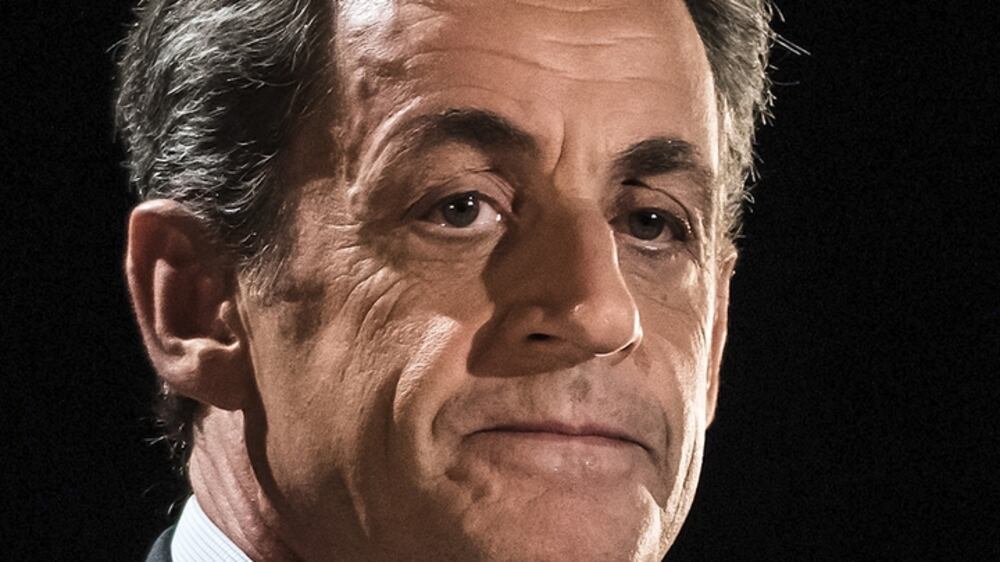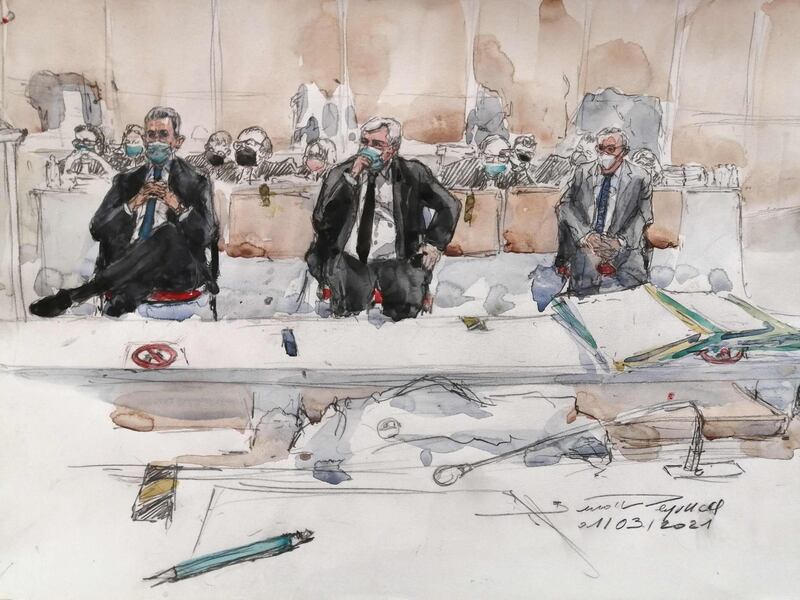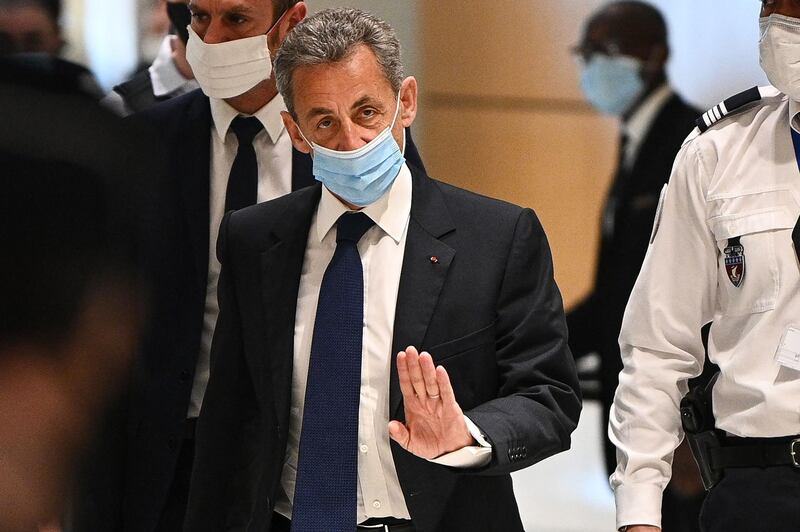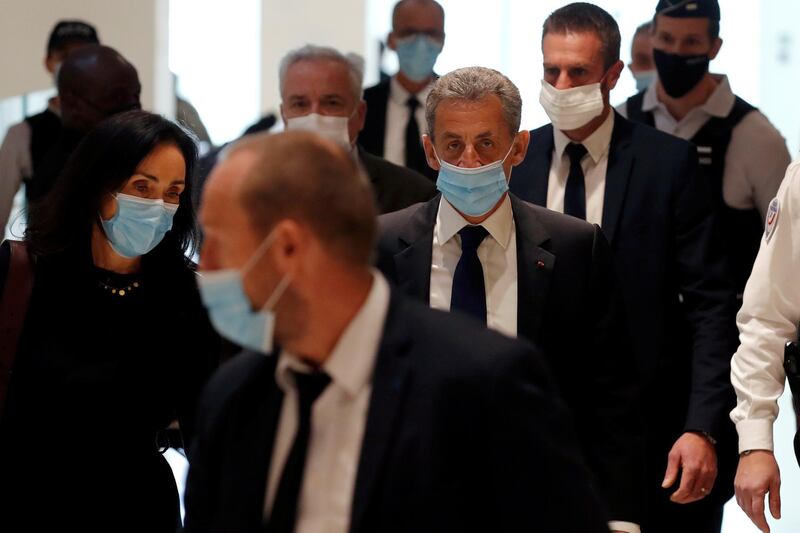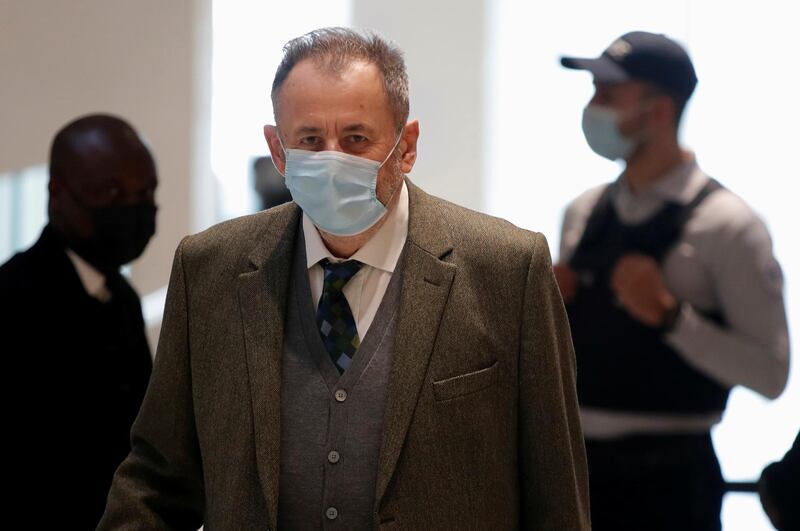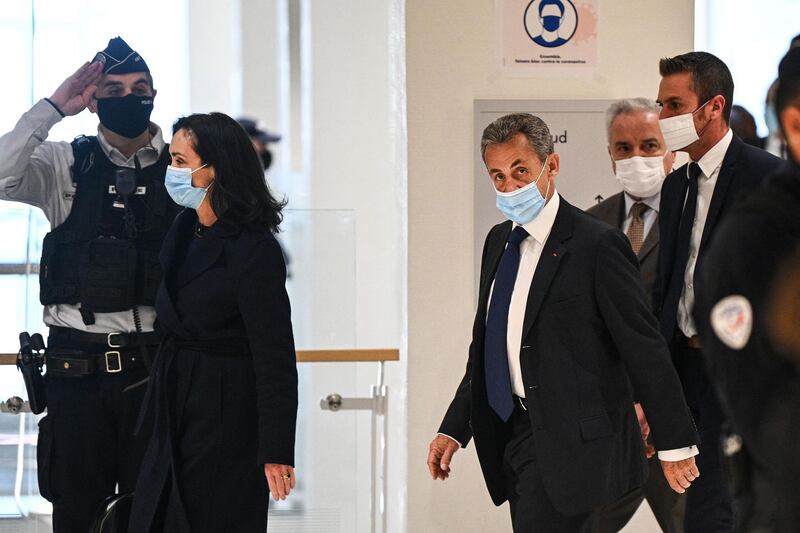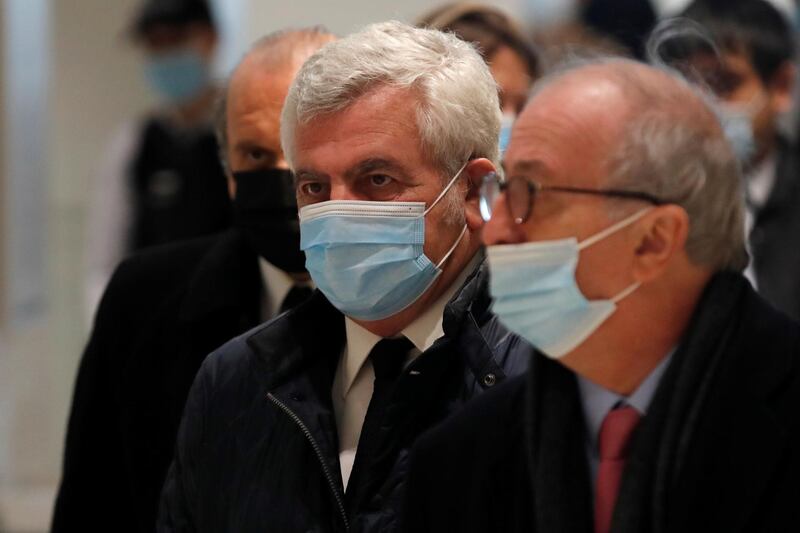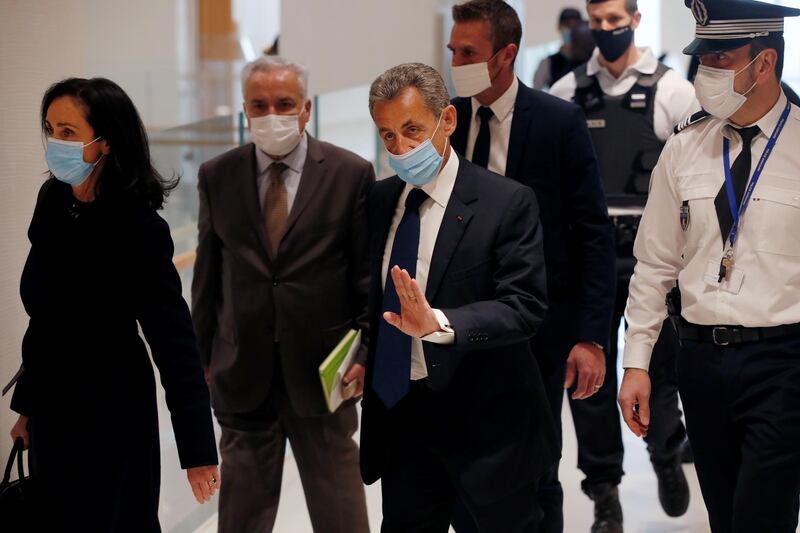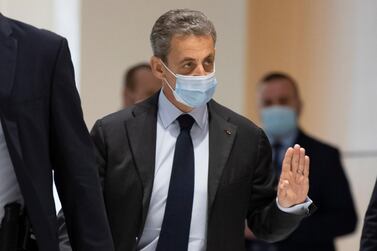Former French president Nicolas Sarkozy was on Monday found guilty of corruption and sentenced to jail.
A court in Paris found that Sarkozy offered to help a magistrate land a prestigious job in return for inside information on an inquiry into his 2007 election campaign finances.
Sarkozy, 66, was sentenced to three years in jail, with two of them suspended. Prosecutors sought a four-year jail term.
Under the French system he’s unlikely to serve jail time, even should he fail to overturn the verdict on appeal.
The court said Sarkozy, who led France between 2007 and 2012, will be entitled to request to be detained at home with an electronic bracelet.
The conviction is likely to undermine any attempt to return to frontline politics, an ambition he has denied, but which has been promoted by many supporters ahead of the 2022 presidential elections.
Wearing a dark suit and tie, Sarkozy showed no emotion as the sentence was read out and he left court without commenting to waiting journalists before heading to his private office in central Paris.
His wife, former supermodel and singer Carla Bruni, slammed the trial after the verdict was delivered.
"What a senseless witchhunt, my love Nicolas Sarkozy," she said on Instagram, next to a picture of the couple embracing. "The fight goes on, the truth will come out. #injustice."
Sarkozy is the second head of state in modern-day France to be convicted of corruption after Jacques Chirac.
The court said the facts were “particularly serious” given that they were committed by a former president who used his status to help a magistrate who had served his personal interest. As a former lawyer, he was “perfectly informed” about committing an illegal action, the court said.
“Sarkozy used his status as former French president,” judge Christine Mee said.
Sarkozy’s co-accused – his ex-lawyer Thierry Herzog and the magistrate Gilbert Azibert – were found guilty and given the same sentence as the former president.
Sarkozy denied all the charges during the 10-day trial that took place at the end of last year.
It focused on phone conversations that took place in February 2014.
At the time, investigators were looking into claims that Sarkozy accepted illicit payments from L'Oreal heiress Liliane Bettencourt – France's richest woman – to help fund his 2007 presidential campaign. It was discovered that Sarkozy and Herzog were communicating via secret mobile phones registered to the alias Paul Bismuth.
In one of these phone calls with Herzog, Sarkozy said of Azibert: “I’ll make him move up … I’ll help him.”
In another, Herzog reminded Sarkozy to “say a word” for Azibert during a trip to Monaco.
Legal proceedings against Sarkozy were dropped in the Bettencourt case, while Azibert never got the Monaco job.
Prosecutors concluded, however, that the “clearly stated promise” constituted a corruption offence under French law, even if that promise wasn't fulfilled.
Sarkozy told the court that his political life was all about “giving (people) a little help".
"That's all it is, a little help,” he told the court. “You have in front of you a man of whom more that 3,700 private conversations have been wiretapped … what did I do to deserve that?”
Sarkozy’s legal team argued that the whole case was based on “small talk” between a lawyer and his client.
The court concluded that use of wiretapped conversations was legal if it helped show evidence of corruption-related offences.
The former president is due back in court for a separate matter this year, charged with illegally exceeding campaign spending ahead of his 2012 electoral defeat.
Sarkozy withdrew from active politics after failing to be chosen as his conservative party’s presidential candidate for France’s 2017 election, won by Emmanuel Macron.
He remains popular with right-wing voters and plays a major role behind the scenes, including through maintaining a relationship with Mr Macron, whom he is said to advise on certain topics.
His conservative party is suspected spending €42.8 million ($50.7m), almost twice the maximum allowed, to finance the failed campaign.
In another investigation that began in 2013, Sarkozy is accused of having accepted millions in payments from then-Libyan dictator Muammar Qaddafi to illegally finance his 2007 campaign.
He was charged with passive corruption, illegal campaign financing, concealment of stolen assets from Libya and criminal association. Sarkozy denies wrongdoing in this case.
